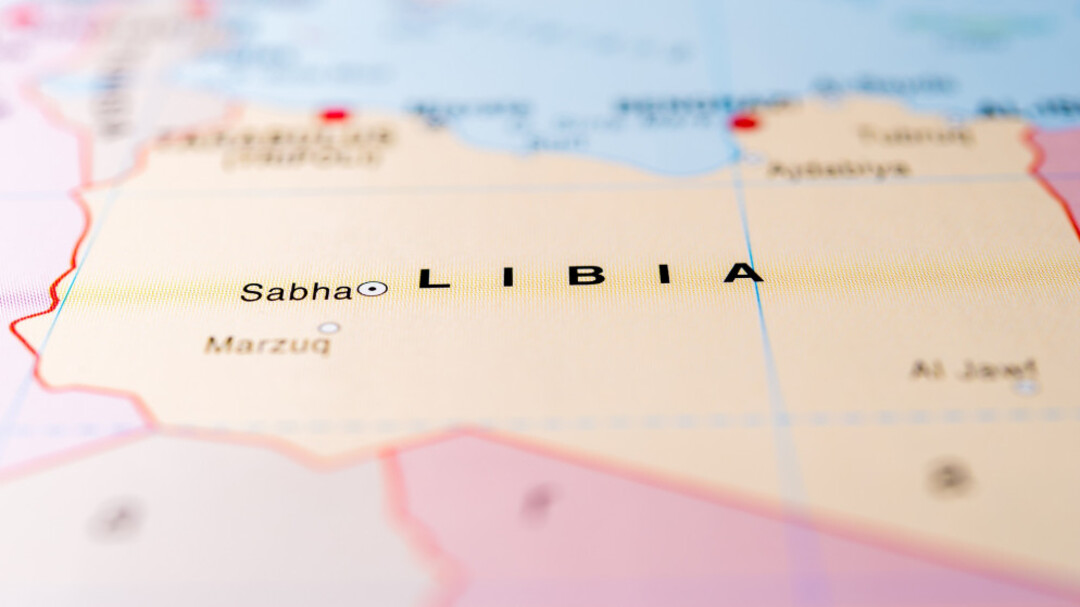-
Dispute Between Parliament and Presidential Council Deepens Libyan Reconciliation Crisis
-
Competition between Libyan institutions over managing national reconciliation reveals deep political division and lack of consensus about the country's future

Libyan Parliament Speaker Aguila Saleh presented a new initiative to launch the Transitional Justice and National Reconciliation Law, aiming to strengthen state-building and repair the social fabric, which provoked the Presidential Council that has overseen this file for years.
During his meeting with a group of sheikhs, notables, and wise men from the western region, Saleh explained that the law will be issued "after discussions and dialogues between social components, experts, legal consultants, and those interested in public affairs."
He highlighted that the anticipated legislation "was formulated under principles of impartial justice, establishing truth, and compensating those affected to complete customary social and legal reconciliation," affirming that its implementation "will resolve many pending issues and unite the nation's people under one word."
Presidential Council Chairman Mohammed Al-Menfi sent an urgent message to the Parliament's presidency office, demanding approval of the national reconciliation law project he submitted last February, emphasizing that "the nature of the transitional phase does not require issuing any laws affecting human rights or the state's economic and financial structure."
Observers note the continued stagnation of the national reconciliation file since its launch, following the Presidential Council's failed attempts to hold a comprehensive conference in Sirte, due to political forces' preoccupation with power struggles.
Tensions between Parliament and the Presidential Council have escalated since the latter's decision to replace the Central Bank's administration, in addition to disputes over the Constitutional Court's location between Benghazi and Tripoli.
Levant-Agencies
You May Also Like
Popular Posts
Caricature
BENEFIT Sponsors BuildHer...
- April 23, 2025
BENEFIT, the Kingdom’s innovator and leading company in Fintech and electronic financial transactions service, has sponsored the BuildHer CityHack 2025 Hackathon, a two-day event spearheaded by the College of Engineering and Technology at the Royal University for Women (RUW).
Aimed at secondary school students, the event brought together a distinguished group of academic professionals and technology experts to mentor and inspire young participants.
More than 100 high school students from across the Kingdom of Bahrain took part in the hackathon, which featured an intensive programme of training workshops and hands-on sessions. These activities were tailored to enhance participants’ critical thinking, collaborative problem-solving, and team-building capabilities, while also encouraging the development of practical and sustainable solutions to contemporary challenges using modern technological tools.
BENEFIT’s Chief Executive Mr. Abdulwahed AlJanahi, commented: “Our support for this educational hackathon reflects our long-term strategic vision to nurture the talents of emerging national youth and empower the next generation of accomplished female leaders in technology. By fostering creativity and innovation, we aim to contribute meaningfully to Bahrain’s comprehensive development goals and align with the aspirations outlined in the Kingdom’s Vision 2030—an ambition in which BENEFIT plays a central role.”
Professor Riyadh Yousif Hamzah, President of the Royal University for Women, commented: “This initiative reflects our commitment to advancing women in STEM fields. We're cultivating a generation of creative, solution-driven female leaders who will drive national development. Our partnership with BENEFIT exemplifies the powerful synergy between academia and private sector in supporting educational innovation.”
Hanan Abdulla Hasan, Senior Manager, PR & Communication at BENEFIT, said: “We are honoured to collaborate with RUW in supporting this remarkable technology-focused event. It highlights our commitment to social responsibility, and our ongoing efforts to enhance the digital and innovation capabilities of young Bahraini women and foster their ability to harness technological tools in the service of a smarter, more sustainable future.”
For his part, Dr. Humam ElAgha, Acting Dean of the College of Engineering and Technology at the University, said: “BuildHer CityHack 2025 embodies our hands-on approach to education. By tackling real-world problems through creative thinking and sustainable solutions, we're preparing women to thrive in the knowledge economy – a cornerstone of the University's vision.”
opinion
Report
ads
Newsletter
Subscribe to our mailing list to get the new updates!






















